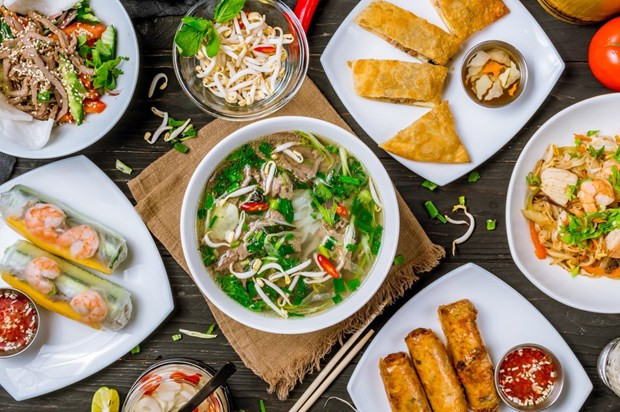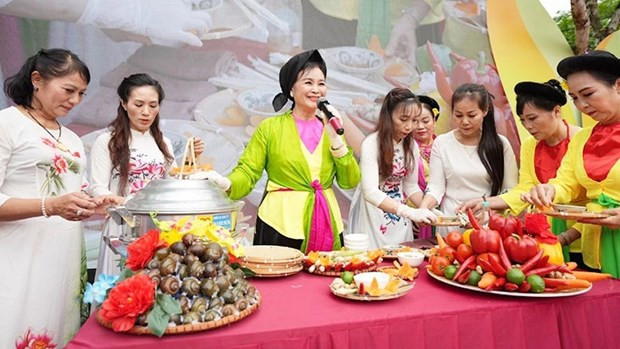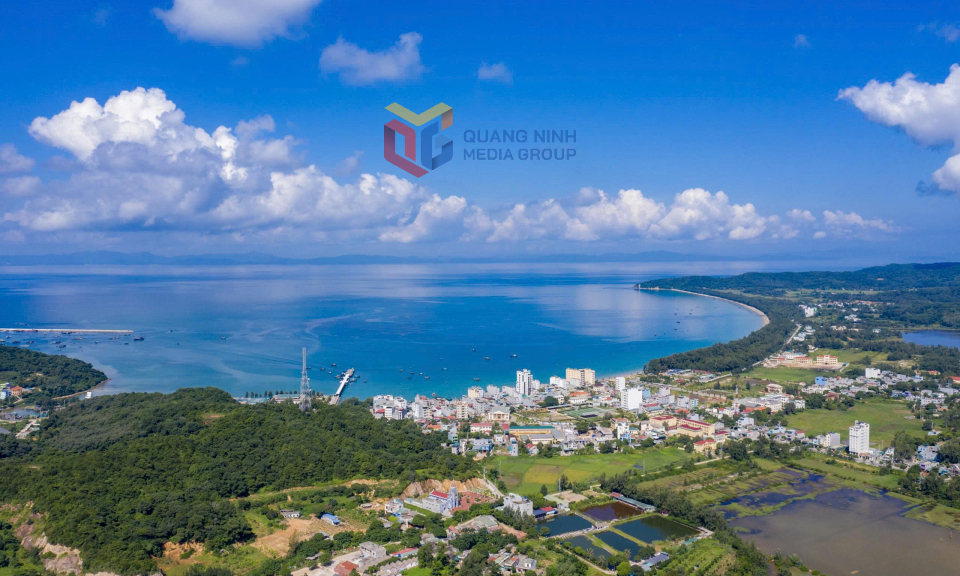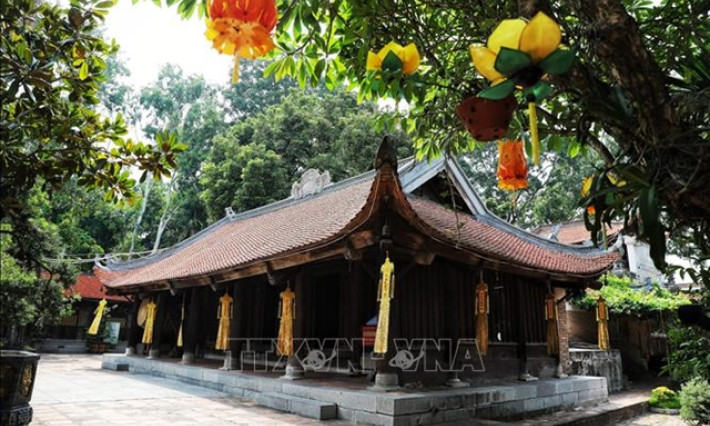Culinary delights add to allure of Vietnamese tourism
With its rich and diverse culinary heritage and the refinement in cooking and enjoyment cultivated over thousands of years, Vietnam holds huge potential to develop culinary tourism, turning its gastronomy into a captivating advantage to attract visitors.
The World Food Travel Association (WFTA) estimated that a staggering 81% of international travellers express a desire to explore local cuisine. They are willing to spend an average of 25-35% of their travel budget on food and beverages during their journeys. Statistics showed that culinary experiences have evolved beyond mere sustenance for travellers and have gradually become one of the primary motivations for tourism. Culinary offerings strongly influence destination choices and stimulate travellers' spending.
Therefore, there is no reason for Vietnam not to leverage its culinary strengths to enhance its appeal as a tourist destination, considering that the Vietnamese cuisine has consistently received international recognition. The renowned American travel publication Travel Leisure named Vietnam as the Best Culinary Destination in the Bucket List Places in Asia in 2023. Readers of the world's largest travel platform, Tripadvisor, also voted Hanoi as one of the world’s top 20 food destinations for 2023.
Prior to these accolades, many famous Vietnamese dishes such as pho, banh mi (baguette), bun cha (noodles with grilled pork), banh cuon (steamed rice roll) and more had been honoured on various reputable international media outlets. This further emphasises that the Vietnamese cuisine is indeed a valuable resource that could provide a comparative advantage, improving the country's competitiveness on the global tourism map.
In recent years, the appeal of culinary experiences has received increased attention in the design and promotion of travel products. The concept of "culinary tourism" has been more widely recognised as some companies have begun to hold culinary tours and experiences. However, these activities remain at a small scale.
The Vietnam Cuisine Culture Association (VCCA) has initiated a project titled "Building and Developing Vietnamese Culinary Culture into a National Brand for 2022-2024".
In the first phase of this project, VCCA awarded certificates to 121 typical Vietnamese culinary dishes selected from 421 nominations nationwide. The second phase aims to create a comprehensive collection of 1,000 typical Vietnamese dishes and transform this data into an online culinary map and a virtual culinary museum.
To create unforgettable experiences, experts suggested customising the culinary experiences of tourists by combining exploration and hands-on participation, allowing them to engage in activities such as farming, food preparation, and cooking with the guidance of culinary experts. This approach helps visitors understand Vietnamese cuisine on a deeper level, appreciating the intricacy and cultural significance of each regional dish.

Nguyen Le Phuc, Deputy Director General of the Vietnam National Administration of Tourism (VNAT), said culinary tourism is an important part of the Vietnam's tourism development strategy until 2023 to enhance the country's competitive edge and its tourism brand.
According to him, the VNAT is focusing on building high-quality, attractive culinary tourism products, enabling tourists to explore the cultural essence and community life at each destination through the lens of local food and beverages. They could also learn about the tradition of eating and cultural etiquette according to the Vietnamese customs.
He noted that the sector will also popularise Vietnamese culinary culture to the world through events at home and abroad, especially in countries set as key tourism markets.






